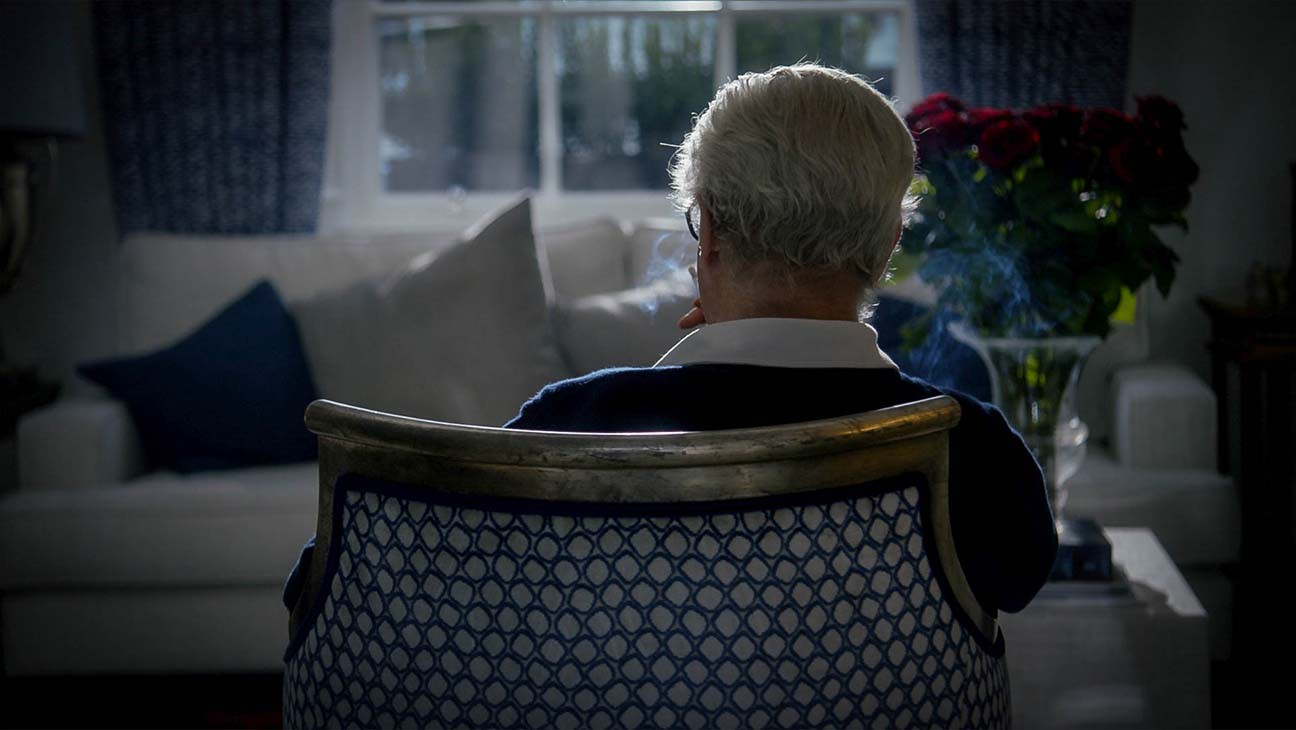

INFLUENCE: Bad bots made bad news
Influence opens the Encounters festival.
Luvo Mnyobe takes a look at fake news and its effects

Young people turning to digital media for news has left traditional newsrooms in disarray. In just months of the pandemic lockdown we have seen legacy titles in daily newspapers and magazines disappear. The end of these titles is not just a loss for the journalists who worked for them but presents a threat to our already fragile democracy.
The film Influence, by South African journalists Richard Poplak and Diana Nelle, explores how these fragilities were manipulated by British public relations firm Bell Pottinger to cover up corruption under the Jacob Zuma administration. They did this through massive use of twitter bots: fake accounts controlled by computers to boost the content of other people.
In South Africa we saw the rise of these bots during the height of investigations into state capture and corruption. When journalists began asking questions about how the friends of President Zuma captured the state there was a rise in the use of these bots to contaminate public discourse about the corrosion of the state.
Rather than explaining how the Gupta family took over executive duties such as appointment of ministers, the allocation of contracts with state owned companies and the abuse of state resources by the family, there was a massive campaign to distract from this by using the existing challenge of inequality and racism.
Through a massive campaign by Jacob Zuma and Bell Pottinger these bots manufactured public discourse regarding “white monopoly capital” – essentially drowning the voices of critical journalists who questioned the abuse of the state. This campaign may have bought the President more time in office but it came at the cost of the credibility of the many newsrooms now struggling to stay alive.
These bots were used to label journalists from publications such as the Mail & Guardian, News24 and The Daily Maverick – who employ Poplak and Nelle. The disinformation campaign positioned journalists as political opponents in support of “white monopoly capital”. These brave journalists were reduced to being political players in the sloganeering world of Bell Pottinger’s PR campaign to champion “Radical Economic Transformation”.
This campaign was nothing more than desperate attempts to hold on to political legitimacy by Zuma. But this desperation for power was costly for these journalists as they were made political opponents which meant that President’s followers could launch a scathing attack on them by the daily threats on social media. While it isn’t uncommon to witness political killing in parts of South Africa, it is quite rare and low for politicians to threaten journalists.
South African journalism has suffered massive decay through the campaign by Bell Pottinger. Many young people have opted not to even read or watch the news as they believe that it is missing a key element: truth. The fall of subscriptions is because many young people do not see any value in paying for news as journalists have “a political agenda”.
As a young a young person who has experience in newsrooms I worry not only about the continued job losses in the industry but the prospects of a world without journalism. While the turn of young people to digital media is exciting and creates room for innovative journalism the digital illiteracy of many young people concerns me. As I ready to watch Influence I am hopeful that young people will come out more critical about news on digital platforms.







Leave a Reply